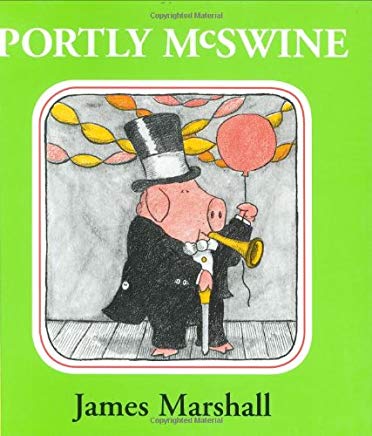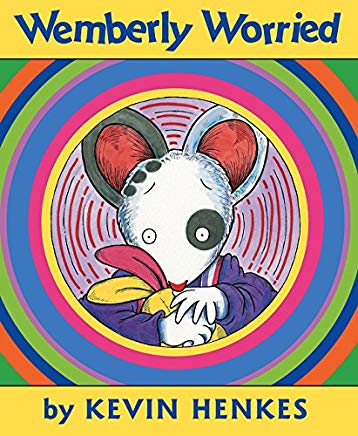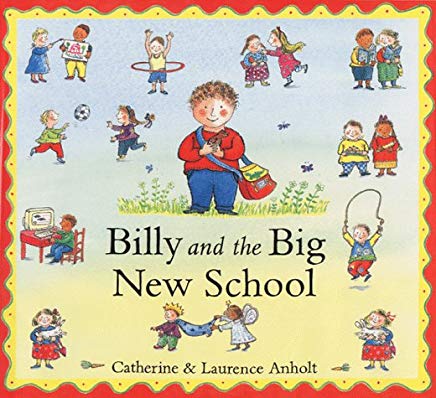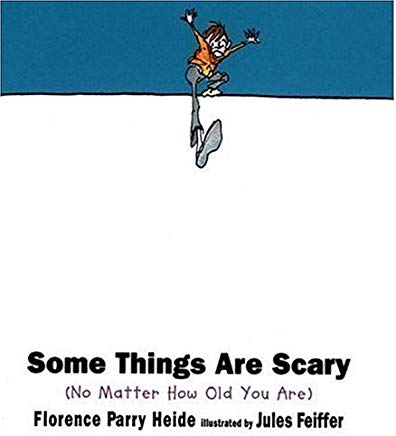The Blog
Blog Entry
Proud Worriers
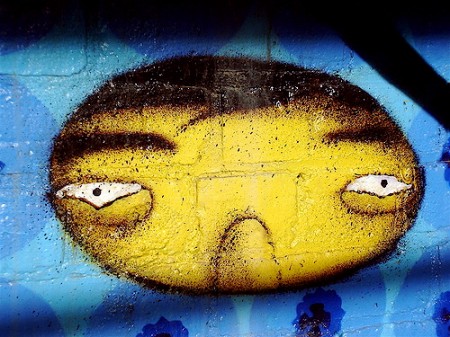
Dread is a powerful motivator. In Portly McSwine, a well-dressed pig considers everything that is likely to go wrong when he tests himself against the momentum of a community’s expectations. National Snout Day approaches.
“What if my refreshments aren’t tasty enough?” thinks Portly, repeatedly overcome by a fever of vivid, discouraging projections: “his guests all hopping mad and complaining.”
This turns out to be constitutional in Portly’s case, and incurable (the party comes off so exceptionally well he ends up worrying about the unlikelihood of replicating its success in three hundred and sixty-four days). Still, I cannot bring myself to think of it as anything like a flaw in his make-up (“Quit fussing,” he is admonished by the pig at the bakery) nor have I ever considered as unreasonable Portly’s concerns for all of the infinite variability of something as potentially treacherous as a celebration. Please don’t talk to me of serenity in such matters. Because the last thing I generally need to be reminded about is the relative blissfulness of stuff I can’t control while I’m really, really busy acting on the premise that the vast majority of my decisions actually make a difference – or how would I even get myself out of bed in the morning?
It’s hard to draw the line – admittedly harder for some of us. I and Portly and many of our fellow worriers in children’s literature are victim to the sort of runaway mental metabolisms that picture a fork in the road where maybe there are none – or where no one has thought to imagine. To all of us similarly afflicted, the day is so full of transformative happenings it seems reckless, irresponsible even, not to attempt to anticipate them, maybe tip the scales a little.
When I was a child I worried about stuff because nobody else appeared to. And that was worrisome. I considered what seemed a mathematical certainty at the time, knowing the grown-ups I did, that someday I too would spend half my waking hours wearing a tie and a moustache (this was the seventies) with my butt glued into a swivel chair. I imagined myself at eight years old, at ten, at bedtime, being read to by my mother, and wondered how the ritual might look when I was twelve, and worried about the unlikelihood of our ever continuing when I had grown that inevitable moustache.
In Some Things Are Scary (No Matter Old You Are) Florence Parry Heide goes over some of usual suspects (stepping on something squishy when you’re in your bare feet) and some more exotic (holding onto someone’s hand that isn’t your mother’s though you thought it was). Still the scariest thing of all is a boy as he envisions himself as a grown-up: a little boy head sticking out of burly big body. Exactly! A nightmare. But inconceivable? As a child, I wondered: how could everyone take this lying down down?
We worriers carry the burden of such righteousness, even outrage when no one is paying attention. Which of us hasn’t known some little relief to be traveling in the company of someone who worries even more than we do? In Wemberly Worried, the owner of an epic imagination (please: let’s not call her a scaredy-cat) considers a crack in the wall growing bigger, and wonders what might jump out of it. She appraises the playground in all its hook-and-chain splendor:
“Too rusty. Too loose. Too high.”
And school. Don’t even get her started about school. Okay, but just started:
“What if the teacher is mean? What is the room smells bad? What if I hate the snack?”
As first time students, there are so many things to worry about school, perhaps the accomplishment is even hearing ourselves over the hysterical buzzing in our ears. Books that attempt to sort the words from that cacophony strike me as potentially meaningful additions to the canon of worriers, though unfortunately that’s not the end of their potentials – the others being that they are apparently quite sellable and often (therefore?) bland. While I cannot support this with any scientific evidence, my impression is that parents are willing to spend a great deal money on books about the first day of school, suspiciously much if you are that targeted four-year-old and already inclined to worry.
Many of these books are humorless, it says here, and also lazy and predictable like the cartoons they too often derive from – and I promise, I’m just about done. As a worrier, I feel protective of our species, and take particular offense at impostors who pretend to offer a hand. Because we help ourselves is often the truth of it, like the incoming kindergartener in Billy and the Big New School, who rescues a weedy little bird, suffers through bad bird-dreams about bullying blue jays and such, then finally emerges in a swirl of night-time color, hovering above the city, fortified by his experiences – imaginative and otherwise – and not by really friendly classmates, a star-turn at the water table, and a pretty young teacher with too much time on her hands.
Because here is the most worrisome thing of all, that eventually we are alone with our will-power when it comes to the possibilities of sitting on our breakfast or eating our clothes, like the charismatic little imaginer in Amos Jellybean Gets it Right who is nevertheless eventually capable of getting himself together. We’re here, not extinct, we must be doing something right, and maybe this is our consolation as worriers, that we are informed in so many of our choices by getting them horribly, perfectly wrong when no else is looking.

